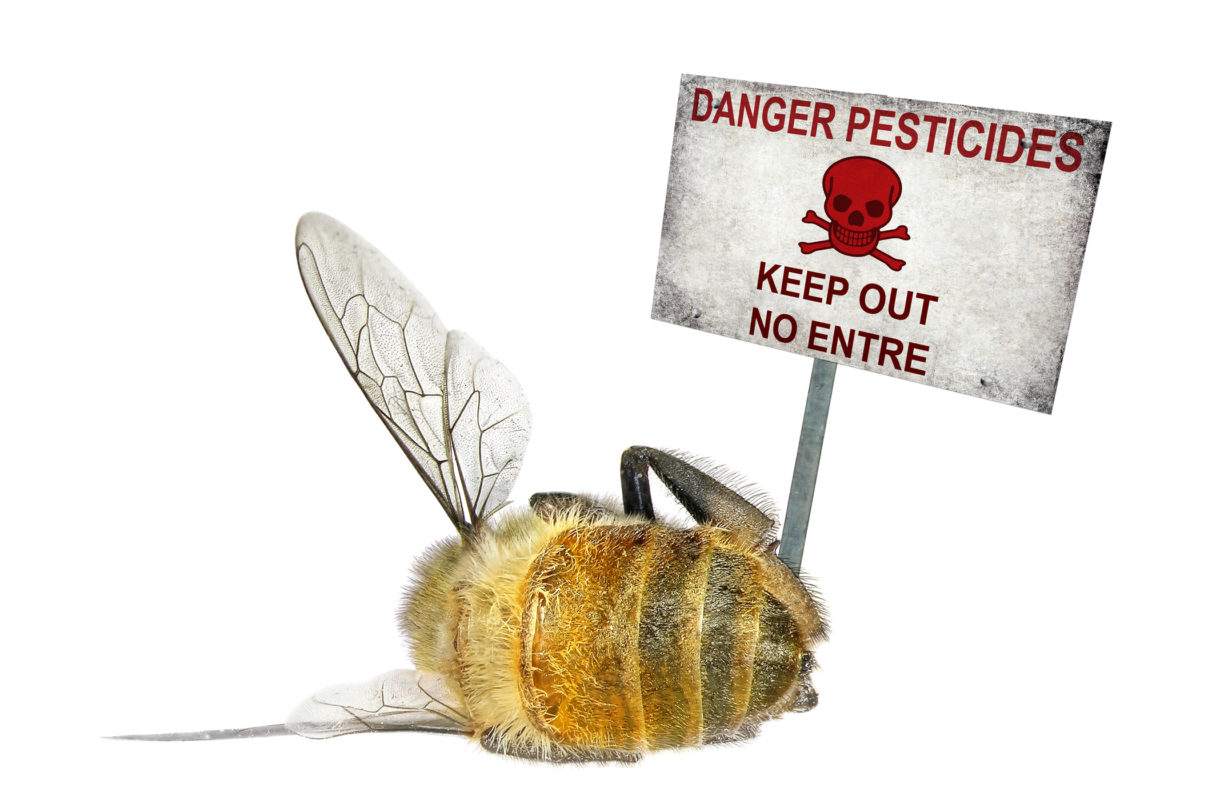Why Should Anyone Care?
1. I think a problem that needs to be solved is saving the bees. The decline in bee populations is resulting in a loss of necessary vegetation for animals and humans alike. Without pollination, the world is becoming increasingly less green and contributing to global warming.
C: You don't you could ever really do anything about it, do you?
M: I could, and you could to! It's too important of an issue to just leave it to the professionals. There's so many things that everyone could do to help the issue.
C: Really, like what?
M: You can start by simply planting a garden with native flowers and plants. Bumblebees are the main insects you want to be helping out, as honeybees are not native to the Americas. You can get native seeds from places like your own city hall to help give bees something to pollinate.
C: Is it honestly that simple?
M: Yes! Something as simple as that really does help populations in small increments. If everybody does it, it can create quite the impact.
2. The idea of our world diminishing becomes increasingly depressing the more people think and research about it. Many people believe that there's nothing to be done anyway, everything is going to have a downfall at some point. Pollan argues that this is incredibly cynical. He states that lawmakers and other politicians will not take action against climate change until the people believe in it and bring it up as a true issue. Until the population decides to interact with the issue themselves, nothing will change.
3. While specialization has become beneficial in many respects, such and industry and production, it continues to separate society increasingly. People are skilled at the industry they specialize in, but that creates the idea that they can help and contribute with nothing else. When it comes to the idea of climate change, people prefer to leave it to the experts, when really, that is becoming the greatest factor in our downfall. People need to understand that their involvement in helping the environment is just as important as expert research and solutions.
4. I think what we can learn from this essay is the inclusion of multiple sides of the argument. He explained why the misconception exists and that it's understandable why people still believe in it, but he personally disagrees with it. He doesn't dissuade the opposing argument, but instead argues the other side stronger than the opposing. Pollan also makes a huge point to include great details and explanations, including scientific evidence with quotes from experts and data.
I think a current problem that truly needs help solving is saving the bees. People use it as an everyday phrase these days, but it is increasingly becoming more of an issue to both the human population as well as plant and animal populations. This is mostly due to the increasing pesticide use in American mass agriculture, as well as in personal gardens. If bees eventually become extinct, U.S. agriculture will be greatly impacted in a horribly negative manner. According to the Minnesota Department of Agriculture, “More than one-third of all plants or plant products that we consume are directly or indirectly dependent on insects for pollination…” (“MDA”). Food production relies on bees to pollinate plants in order to feed the country! Yet, we find that people still cannot bring themselves to care about the populations dying. Pesticide use is becoming increasingly common in the U.S. Because of the price of pesticides, small farms were often not able to keep up with large scale farms when pesticide use became incredible popular in agriculture. Pesticides also negatively affect human populations, as they have been found to cause cancer, deformities, and other chronic illnesses in high-use areas. The pollination of bees is especially important to the vegetation eaten by animals and insects. Animals such as deer, rabbits, and squirrels feed off of the berries and flowers that are pollinated by bumblebees. The extinction of bees would severely malnourish these other species and could take steps toward eradicating them. People can take action by planting native gardens without the use of pesticides to help attract native bee populations and continue to give them something to pollinate.

Comments
Post a Comment